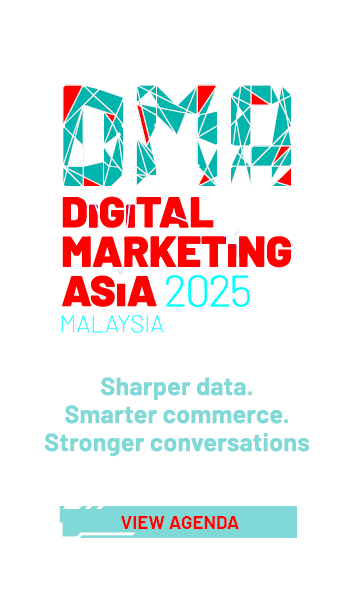



Samsung and Toyota among Asian firms ranked top 100 most valuable global brands
share on
Eleven Asian brands made it on to Interbrand's 2021 list of 100 most valuable global brands, with Samsung (#5) and Toyota (#7) being the only two Asian brands in the top 10. Samsung saw a 20% increase in brand value to US$74,635 million this year while Toyota had a 5% increase in brand value to US$54,107 million.
The next Asian brand to make the ranking was Honda at 25th position with 2% dip in brand value to US$21,315 million. This was followed by Hyundai (#35) and Sony (#41) which saw a 6% and 20% increase in brand value respectively. Other Asian brands that made the top 100 were Nissan, Nintendo, Canon, Huawei, Kia and Panasonic.

Globally, Apple took the top spot once again followed by Amazon. Microsoft also retained its third place in the ranking, having surpassed Google in 2020. According to Interbrand, the top three brands account for 33% of the total table value this year. The rest of the top 10 companies comprised Google, Coca-Cola, Mercedes-Benz, McDonald's and Disney. Meanwhile, Tesla was named the fastest growing brand this year, with an unprecedented 184% increase in brand value. Tesla also saw the largest rise in rankings, moving 26 places up the table, closely followed by Salesforce (moving up 20 places to #38) and PayPal (moving up 18 places to #42).
Sephora (#100) was the only new entrant to the rankings this year, but according to Interbrand, its addition makes LVMH Group the biggest group entity in the table. LVMH group is the first to have five brands in the Best Global Brands table – Sephora, Louis Vuitton (#13), Dior (#77), Tiffany & Co. (#92) and Hennessy (#95).
The overall value of this year's rankings has increased to US$2,667,524 million, up 15% from 2020, which Interbrand said was the biggest growth rate in the past 22 years of its rankings. The average brand value increase this year was 10%, which was larger than the 1.3% in 2020, owed largely due to the economic disruption caused by the pandemic. Technology came out on top as the fastest growing sector, with an average brand value change of 23% year-on-year. It was also the most valuable sector by average brand value, followed by beverages and sporting goods.
The fastest risers significantly outperformed other brands on three factors: direction, agility and participation. The brands that outperformed set a clear direction, ensuring that the entire organisation knows where they are going, and are working towards the same ambition.
They also move fast, bringing new products and services to market and, where necessary, pivoting to address changing customer needs. The brands also brought people on a journey with them and make them part of the movement to create an engaging brand world. The brands were ranked based on a mix of internal and external factors. The internal factors considered were direction, alignment, empathy and agility. Meanwhile, the external factors were distinctiveness, coherence, participation, presence, trust, and affinity.
Power up your PR and communications efforts today with MARKETING-INTERACTIVE's PR Asia Week on 1 and 2 December. Learn ways to build an evidence-based practice, up the ante on your strategies, and be head and shoulders above your competition. Click here to register today!
Five priorities for brand leaders
As brands continue to grow and cut through the clutter to gain mindshare, here are five areas brand leaders should bear in mind, according to Interbrand's global chief strategy officer, Manfredi Ricca.
1. See profit as a resource
Companies need to determine clearly what their role in the world might credibly be, and then define how its profit and growth can be seen as a valuable resource in helping consumers drive real change. This is especially crucial at a time of income insecurity and rising collective concerns.
2. Pick your battles
No single business can effectively lead the charge on more than a single systemic issue. Hence, Ricca advised companies to be sharp, focused and authentic when defining what their role in the world and contribution can truthfully be.
Be crisp and clear on what your societal enemy is, and what you can realistically do about it.
3. Think arenas, not sectors
It will be increasingly hard to build strong communities around products and services, and much easier to do so around fundamental needs, such as move, play, connect and express. While categories and technologies come and go, needs stay and evolve. As such, brands should define the arenas they are actually competing in
4. Be accountable
While the purpose should be a brand's north star, companies should also be clear on their ambition. They should know what they are setting out to tangibly achieve in the next couple of years. They also need to think about what is the best version of the organisation at a given date, and how are they actually going to measure it.
5. Make moves, not campaigns
More action and delivery is needed when it comes to tackling recent challenges. According to Ricca, brands manifest themselves into much more than their customer journey. Rebuilding a fairer supply chain, for example, is no less part of the experience than a brand's channels.
Power up your PR and communications efforts today with MARKETING-INTERACTIVE's PR Asia Week on 1 and 2 December. Learn ways to build an evidence-based practice, up the ante on your strategies, and be head and shoulders above your competition. Click here to register today!
Photo courtesy: 123RF
share on
Free newsletter
Get the daily lowdown on Asia's top marketing stories.
We break down the big and messy topics of the day so you're updated on the most important developments in Asia's marketing development – for free.
subscribe now open in new window
